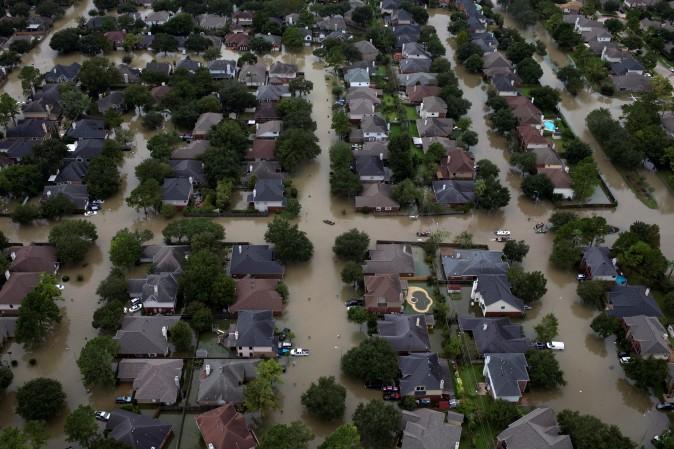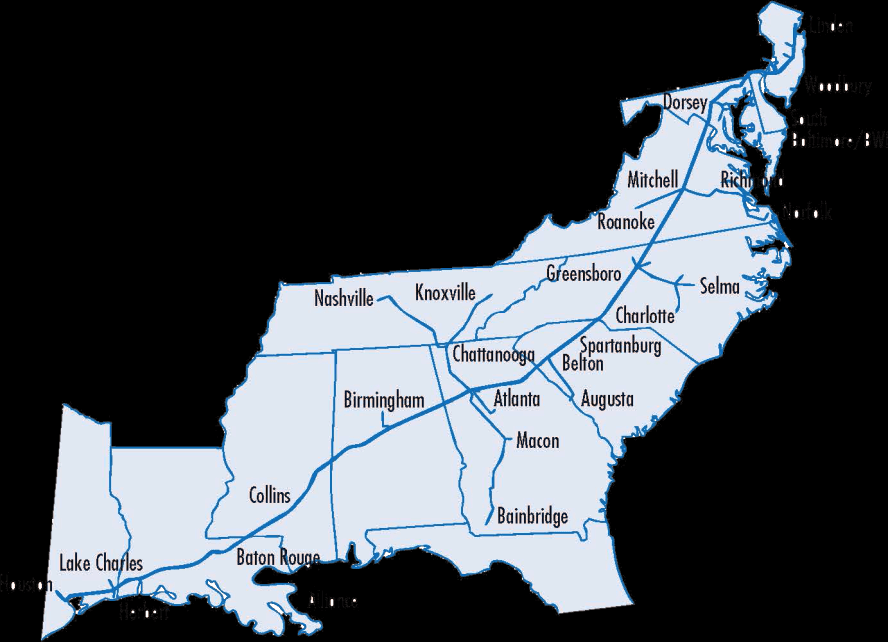A pipeline that provides gasoline to the southern United States was shut down Thursday, Aug. 31 amid concerns over Harvey’s effect on its facilities in Louisiana.
Georgia-based Colonial Pipeline said in a statement that the pipeline will be shut off on Thursday. It had already shut down its other main line, which transports other types of fuel.
Refinery outages triggered the pipeline shutdown.
The pipeline provides about 40 percent of the South’s gasoline, connecting to Atlanta, Nashville, Charlotte, Greensboro, Raleigh-Durham, Dulles, and the Baltimore-Washington airports.

Houses are seen submerged in flood waters caused by Tropical Storm Harvey in Northwest Houston, Texas, U.S. August 30, 2017. REUTERS/Adrees Latif





